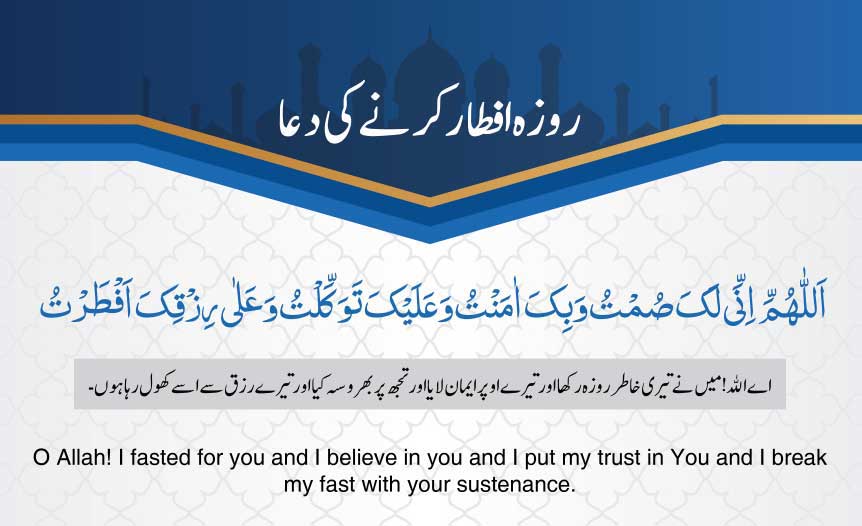Pros and Cons of Fasting in Ramadan
Ramadan - Dua For Fasting - Dua For Ramadan - First Ashra Dua - Second Ashra Dua - Third Ashra Dua - Laylat Al Qadr - Ramadan Duas - Dua For Laylat Al Qadr
Pros and Cons of Fasting in Ramadan
Ramadan is a sacred month for Muslims, where they observe fast from dawn to sunset. Fasting during Ramadan has several pros and cons, which are discussed below:
Pros:
- Spiritual Benefits: Fasting in Ramadan is primarily an act of worship and devotion to Allah. It is believed to be a means of purifying the soul and increasing one’s spiritual connection with God. Muslims also engage in increased prayer and charitable acts during Ramadan.
- Health Benefits: Fasting has several health benefits, including weight loss, improved digestion, and increased insulin sensitivity, which can be beneficial for individuals with type 2 diabetes. Studies have also shown that fasting can lower blood pressure and cholesterol levels.
- Community and Social Benefits: Ramadan is a time of togetherness and community for Muslims. Breaking the fast with family and friends, sharing meals with neighbours and participating in charitable activities fosters a sense of unity and compassion.
Cons:
- Health Risks: For some individuals, fasting during Ramadan can pose health risks, especially for those with certain medical conditions such as diabetes, hypertension, or kidney problems. Fasting can also lead to dehydration, fatigue, and headaches, especially during the summer months when the days are longer.
- Work and Productivity: Fasting can sometimes lead to a decrease in productivity and energy levels, which can affect individuals in their work or academic responsibilities.
- Eating Disorders: Ramadan fasting can also lead to the development of eating disorders in susceptible individuals, as the focus on food and eating during the non-fasting hours can trigger disordered eating behaviours.
In conclusion, fasting during Ramadan has several pros and cons. While it is an act of worship and devotion for Muslims, it can also have health risks and affect productivity for some individuals. It is important for individuals to consult with their healthcare providers and make informed decisions about fasting during Ramadan based on their individual health needs and circumstances.
Dua for Fasting in English and Urdu - Dua For Ramadan (Ramazan)
Suhoor or the pre-dawn meal is a significant element during Ramadan as it is the last meal before the sun rises and the fast begins. The Iftar is the evening meal with which Muslims break their fast at sunset.


Dua For Ramadan First Ashra
The first 10 days of Ramadan signify Allah’s mercy with the purpose to practice mercy towards other brethren. Here is a dua for first 10 days of Ramadan:

Dua For Ramadan Second Ashra
The second Ashra is a time for forgiveness. During this stage, Muslims ask for Allah’s pardon and seek repentance from sins. The dua that can be recited during the second Ashra is:

Dua For Ramadan Third Ashra
The third and last Ashra ends on the 29th or 30th of Ramadan and holds special significance for Muslims since it represents protection from the hellfire. Additionally, the most important night of the Islamic calendar, Laylat-ul-Qadr, also falls during this time. The dua for the last 10 days of Ramadan is:

Dua For Laylatul Qadr
Known as the Night of Destiny, Laylatul Qadr commemorates the night that the Holy Quran was first revealed to Prophet Mohammad. In addition to zikr (remembrance of Allah) and recitation of the Quran, some Muslims perform Atikaf, an Islamic practice including a period of staying in a mosque for a couple of days and devoting themselves to worship. The dua to be recited during Laylatul Qadr is:

